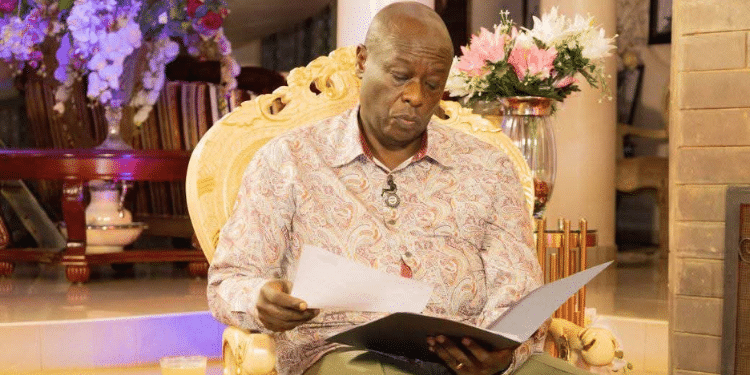The Court of Appeal has delivered a ruling on the powers of Deputy Chief Justice (DCJ) Philomena Mwilu to appoint and assign judges to a bench in the wake of former Deputy President Rigathi Gachagua‘s impeachment.
The case focused on the legality of a bench constituted by DCJ Mwilu in October 2024 to hear a petition challenging the National Assembly’s impeachment process against Gachagua.
Mwilu had picked Justices Eric Ogolla, Anthony Mrima, and Fridah Mugambi to preside over the matter, which sought to assess the legality of the former Deputy President’s removal from office.
The High Court upheld the DCJ’s decision and rejected calls for the appointed judges to recuse themselves.
The court affirmed that, in the absence of the Chief Justice, the DCJ is permitted to carry out certain administrative functions, in line with constitutional provisions that safeguard the continuity of judicial operations.
Also Read: Drama in Court as Police Fail to Present Suspect in Charles Were Murder
Gachagua, along with David Munyi Mathenge, Peter Kamotho, Grace Muthoni, Clement Muchiri, and Edwin Munene, filed a petition at the Court of Appeal challenging the High Court’s decision.
On Friday, May 9, a three-judge bench comprising Court of Appeal President Daniel Musinga and Justices Mumbi Ngugi and Fred Ochieng ruled that the reasons why Deputy Chief Justice (DCJ) Philomena Mwilu—rather than Chief Justice Martha Koome—empanelled the bench that handled Gachagua’s impeachment case were not communicated to the parties involved.
Court of Appeal rules on DCJ Mwilu’s powers
In their ruling, the judges held that the bench constituted by the DCJ on October 18, 2024, failed to meet the constitutional threshold.
They rejected the respondents’ argument that no such determination could be made without enjoining the Chief Justice or Deputy Chief Justice in the case.
They further ruled that the absence of an objection from the Chief Justice could not be taken as an implicit endorsement of the DCJ’s actions.
In addition, the Court found no evidence that DCJ Mwilu was serving as Acting Chief Justice at the time, nor were there any disclosed exceptional circumstances justifying her exercise of a role constitutionally reserved for the Chief Justice.
The judges at the same time directed Chief Justice Koome to empanel a fresh bench to hear the matter.
“Appeal No. E829 of 2025 is hereby allowed, only to the extent that we do hereby quash the orders of the Deputy Chief Justice dated 18th October 2024 assigning Kerugoya High Court Petition No. E013 of 2024 Thomas Kimotho Maingi v The Deputy President of Kenya Hon. Rigathi Gachagua and anor, Kerugoya High Court Petition No.E015 of 2024 Hon David Munyi Mathenge and anor v The Senate of the Republic of Kenya , Speaker of the Senate and 2 others and Nairobi High Court Petition No. E565 of 2024 H.E. Rigathi Gachagua v The Speaker of the National Assembly of Kenya and 4 others to Honourable Justices Eric Ogolla, Anthony Mrima and Lady Justice Dr Freda. Mugambi,” read part of the ruling.
“The three matters shall immediately, in any event not later than 14 days from the date hereof be placed before the Honourable the Chief Justice for her Ladyship to empanel a bench under Article 165(4) of the Constitution to hear the matters.”
Ruling
On the request to order Chief Justice Koome to empanel an expanded bench of five judges, the Court declined, stating that the discretion granted under Article 165(4) to constitute such a bench lies solely with the Chief Justice.
Also Read: Gachagua Says Kindiki Drafted His Impeachment Motion
The judges ruled that only Chief Justice Koome has the authority to determine the number of judges to assign to a matter and to decide which judges should be appointed to a bench.
Additionally, the Court of Appeal upheld the High Court’s decision to dismiss the recusal application, stating that it found no conflict of interest or other valid reason to bar the three judges from hearing the consolidated petitions.
“We have not found any impropriety in the manner in which the bench has conducted or dealt with the matters. We do not perceive the bench to be biased or lacking impartiality. Whether or not to include the three judges or any of them in the reconstituted bench is a decision to be made solely by the Chief Justice,” the ruling adds.
The Court of Appeal’s ruling is also expected to impact a separate case concerning the 2020 advisory by former Chief Justice David Maraga, which called for the dissolution of Parliament for failing to enact the two-thirds gender rule.
In that case, DCJ Mwilu had appointed a five-judge bench led by Justice Lydia Achode, with Justices George Odunga, James Makau, Anthony Ndung’u, and Pauline Nyamweya as members.
Some petitioners—including the National Assembly, the Senate, and voters Leina Konchellah and Mohsen Munasar—objected to the composition of the bench, arguing that only the Chief Justice had the constitutional authority to empanel judges.
Follow our WhatsApp Channel and X Account for real-time news updates.


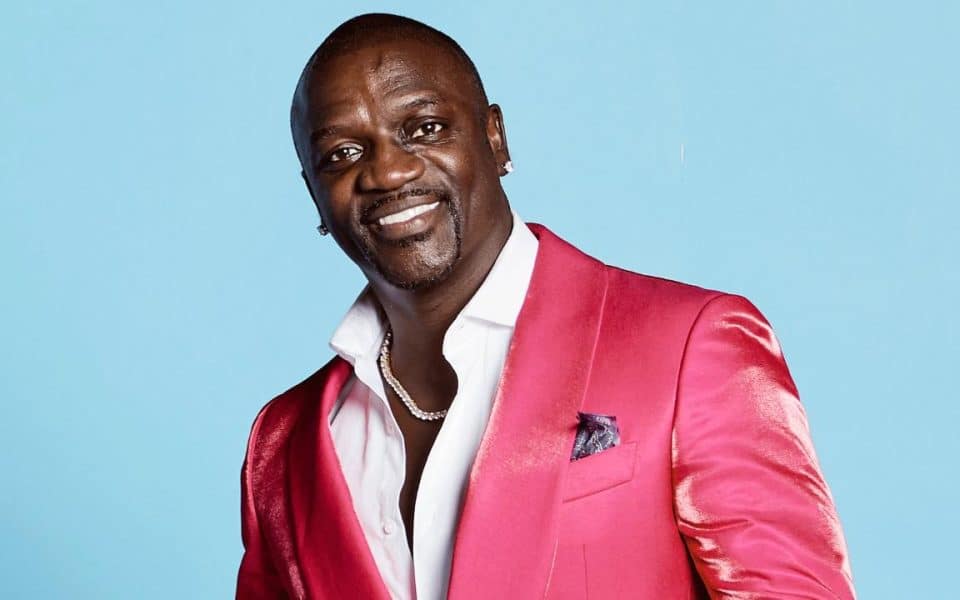

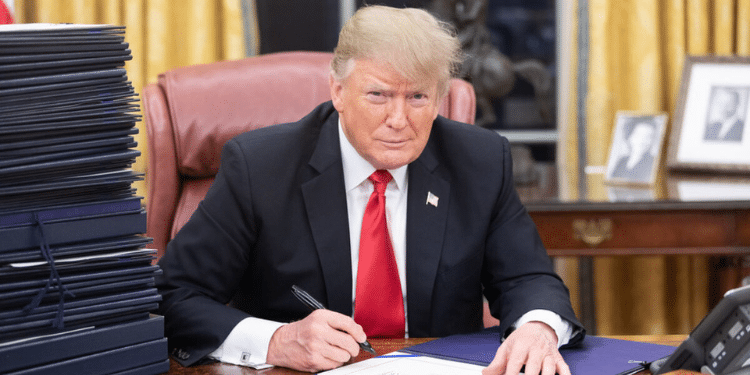
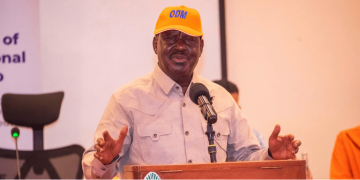



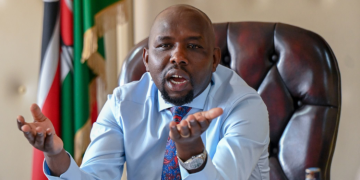









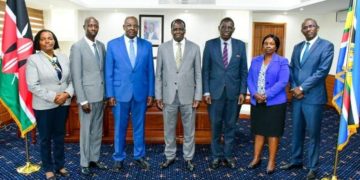
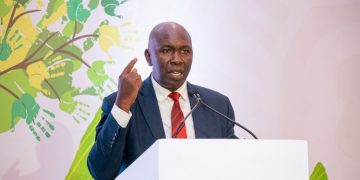


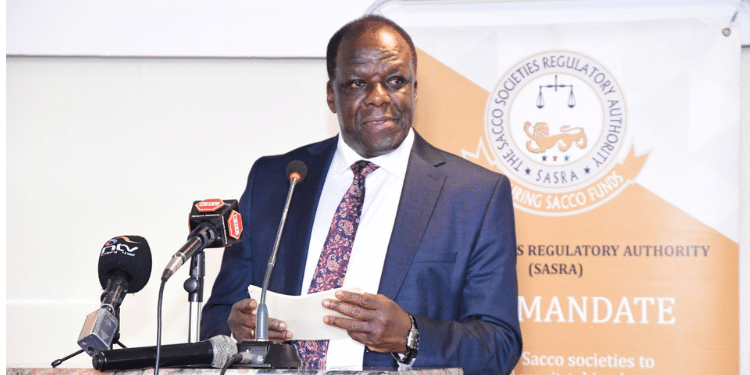































![Senator Allan Chesang And Chanelle Kittony Wed In A Colourful Ceremony [Photos] Trans Nzoia Senator Allan Chesang With Channelle Kittony/Oscar Sudi]( https://thekenyatimescdn-ese7d3e7ghdnbfa9.z01.azurefd.net/prodimages/uploads/2025/11/Trans-Nzoia-Senator-Allan-Chesang-with-Channelle-KittonyOscar-Sudi-360x180.png)
















